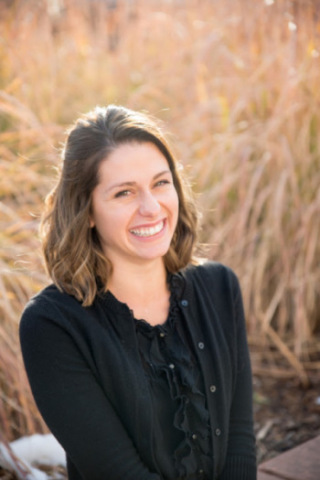There’s an ongoing and increasingly urgent national conversation these days about the deep purposes of education, K-12 & beyond, public & private, involving political, cultural, economic, and other voices. Some advocate (what I think is) a narrow vision of education that’s about cultivating technical proficiency and maximizing the transmission of knowledge for the sake of primarily economic & career-preparation ends. By contrast, the Milkweed Group champions and works with colleges and universities around the country on behalf of a deeper & more expansive vision of education as seeking to develop the whole person for meaningful, purposeful lives of contribution to the common good. In that spirit, I’m so pleased to share with you these reflections by my friend and colleague Kaitlyn Reed, a PhD student at Colorado State University.
Chris Johnson, PhD
As a practicum counselor at CSUHN’s Counseling Center, I see students who are stressed, drained, hopeless, numb, fatigued, depressed, anxious, lonely, and overall, “burned out”. Students are busy. Their lives are brimming with noise and activities, lists and expectations: proving, pleasing, pressure. While it is developmentally appropriate for emerging adults to seek out new activities and friendships, I wonder if students are afforded the opportunity to pause and reflect on these experiences. Or, are they constantly buzzing from one activity to the next, surviving off the rush of caffeine and commitments?
Emerging adulthood is a time where individuals solidify their identities – their strengths, values, passions – their role in, and for, our world (Erikson, 1950; Arnett, 2004). The two most critical steps in this identity development process are exploration paired with intentional reflection (Marcia, 1966). Without time and space to connect with themselves and others, students lose this opportunity. They feel lost and alone. They are often devoid of purpose, authentic relationships, and meaning. Some carry this lifestyle of pleasing and perfection into their post-college life, buzzing around without the tools to harness their own agency, voice, boldness, and truth.
In my work, I provide students with space and stillness. I allow them opportunity to connect with who they are (their strengths, values, and passions). I empower them to understand the ways in which they are called to make a meaningful difference in this world. I preach presence and authenticity over “not good enough” and Netflix numbing. What I know from this work is that power and life-giving change develop from an individual connecting to their purpose and taking strategic actions to live it out each day.
In this spirit, it is the responsibility not just of counselors, but of faculty and staff members, administrators, alumni, community partners, and students themselves to shift the culture of higher education. Change the conversation. Engage the “whole person” – body and spirit as well as intellect – and cultivate multiple ways of knowing. Ask bigger questions of yourself and of your institutions, questions of identity, values, meaning, and purpose.
Of course college is about preparing for life beyond graduation – which means so much more than is too often reflected in how students (and the people who work with them) actually “do” college. For colleges and universities to help individuals move from the stress of going through motions, to deep self-examination, to meaningful action is what (I believe) will make a positive impact on current issues facing our world.
~ Kaitlyn


